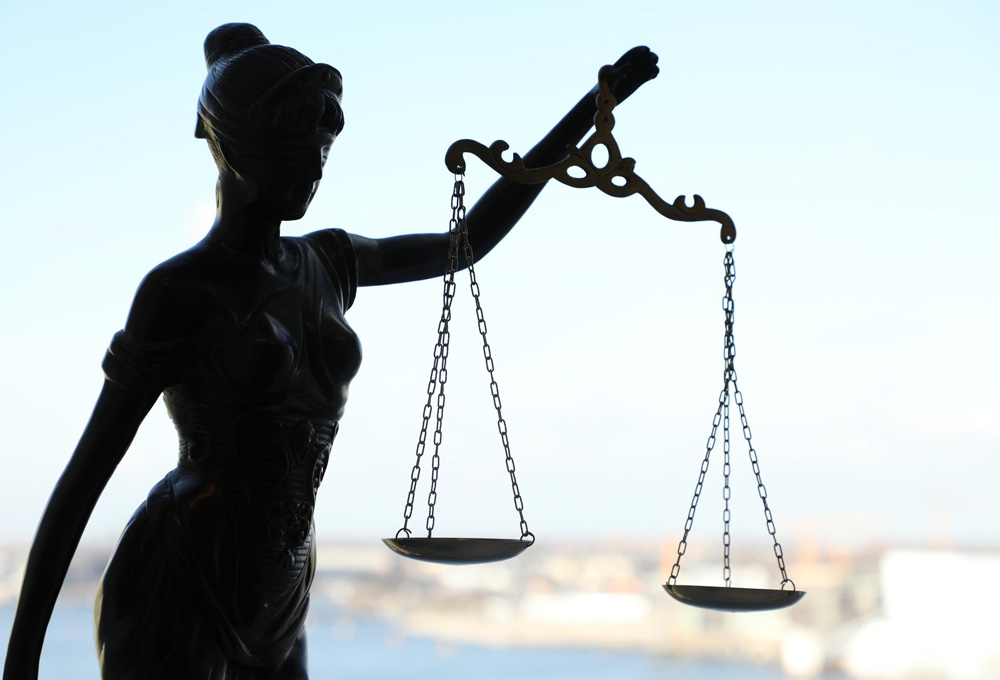
Legislative bills that will make it possible to try persons suspected of causing the crash of flight MH17 have been sent by the government to the House of Representatives. The questions raised by the Netherlands Council for the Judiciary in an advisory report have largely been answered.
These bills include provisions safeguarding the right to a fair trial in the event that video conferencing technology is used to try a suspect who is not in the Netherlands. The Council pointed out in its report that until now the Netherlands has not tried suspects via video conference link, so additional safeguards need to be put in place.
Trial in the Netherlands
Because of the international nature of the MH17 case, the Council’s report strongly urged that provision be made for certain parts of the proceedings to be conducted in English. The government has followed this advice. The legislation leaves it up to the court to determine which parts of a trial would be conducted in English, for example when victims’ non-Dutch next of kin exercise their right to be heard.
The bills relate to the agreement on international cooperation on legal matters concluded by the Netherlands and Ukraine in July 2017. This agreement came about as a result of a joint decision by Australia, Belgium, Malaysia, the Netherlands and Ukraine – the countries working together in the Joint Investigation Team (JIT) − to conduct the prosecution and trial in the Netherlands under Dutch law.
A unique situation
In its report the Council acknowledges that this unique situation calls for special legislation which would allow the authorities, in highly exceptional circumstances, to deviate from the principle that a defendant has the right to be present at his or her trial. In the Council’s view the court that will eventually hear these cases must be given sufficient scope to assess and decide on measures that are necessary for a fair trial.
Advisory function
Issuing advice about legislation is a statutory task of the Council for the Judiciary. New laws or amendments can have far-reaching consequences for the administration of justice. For example, a new law can lead to an increase in the number or severity of prosecutions, or put legal protections at risk. It is the task of the Council for the Judiciary to advise politicians about legislation and policy that have implications for the administration of justice.
